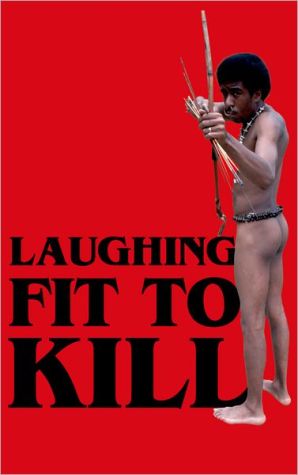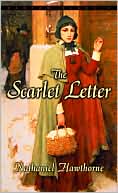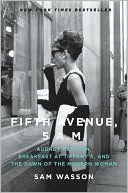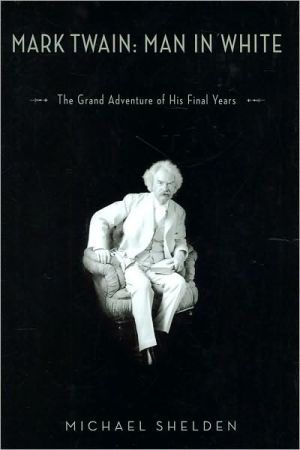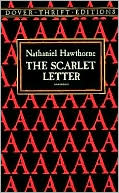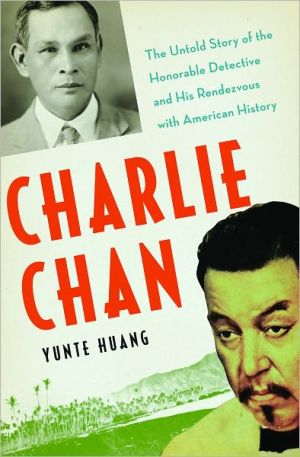Black Humor in the Fictions of Slavery
Reassessing the meanings of "black humor" and "dark satire," Laughing Fit to Kill illustrates how black comedians, writers, and artists have deftly deployed various modes of comedic "conjuring"—the absurd, the grotesque, and the strategic expression of racial stereotypes—to redress not only the past injustices of slavery and racism in America but also their legacy in the present. Focusing on representations of slavery in the post-civil rights era, Carpio explores stereotypes in Richard...
Search in google:
Reassessing the meanings of "black humor" and "dark satire," Laughing Fit to Kill illustrates how black comedians, writers, and artists have deftly deployed various modes of comedic "conjuring"—the absurd, the grotesque, and the strategic expression of racial stereotypes—to redress not only the past injustices of slavery and racism in America but also their legacy in the present. Focusing on representations of slavery in the post-civil rights era, Carpio explores stereotypes in Richard Pryor's groundbreaking stand-up act and the outrageous comedy of Chappelle's Show to demonstrate how deeply indebted they are to the sly social criticism embedded in the profoundly ironic nineteenth-century fiction of William Wells Brown and Charles W. Chesnutt. Similarly, she reveals how the iconoclastic literary works of Ishmael Reed and Suzan-Lori Parks use satire, hyperbole, and burlesque humor to represent a violent history and to take on issues of racial injustice. With an abundance of illustrations, Carpio also extends her discussion of radical black comedy to the visual arts as she reveals how the use of subversive appropriation by Kara Walker and Robert Colescott cleverly lampoons the iconography of slavery. Ultimately, Laughing Fit to Kill offers a unique look at the bold, complex, and just plain funny ways that African American artists have used laughter to critique slavery's dark legacy.
Introduction1. "Laffin fit ter kill:" Black Humor in the Fiction of William Wells Brown and Charles W. Chesnutt2. The Conjurer Recoils: Slavery in Richard Pryor and Chappelle's Show3. Conjuring the Mysteries of Slavery: Voodoo, Fetishism, and Stereotype in Ishmael Reed's Flight to Canada4. "A Comedy of the Grotesque": Robert Colescott, Kara Walker and the Iconography of Slavery5. The Tragicomedy of Slavery in Suzan-Lori Parks' Early Plays Notes Bibliography Index
